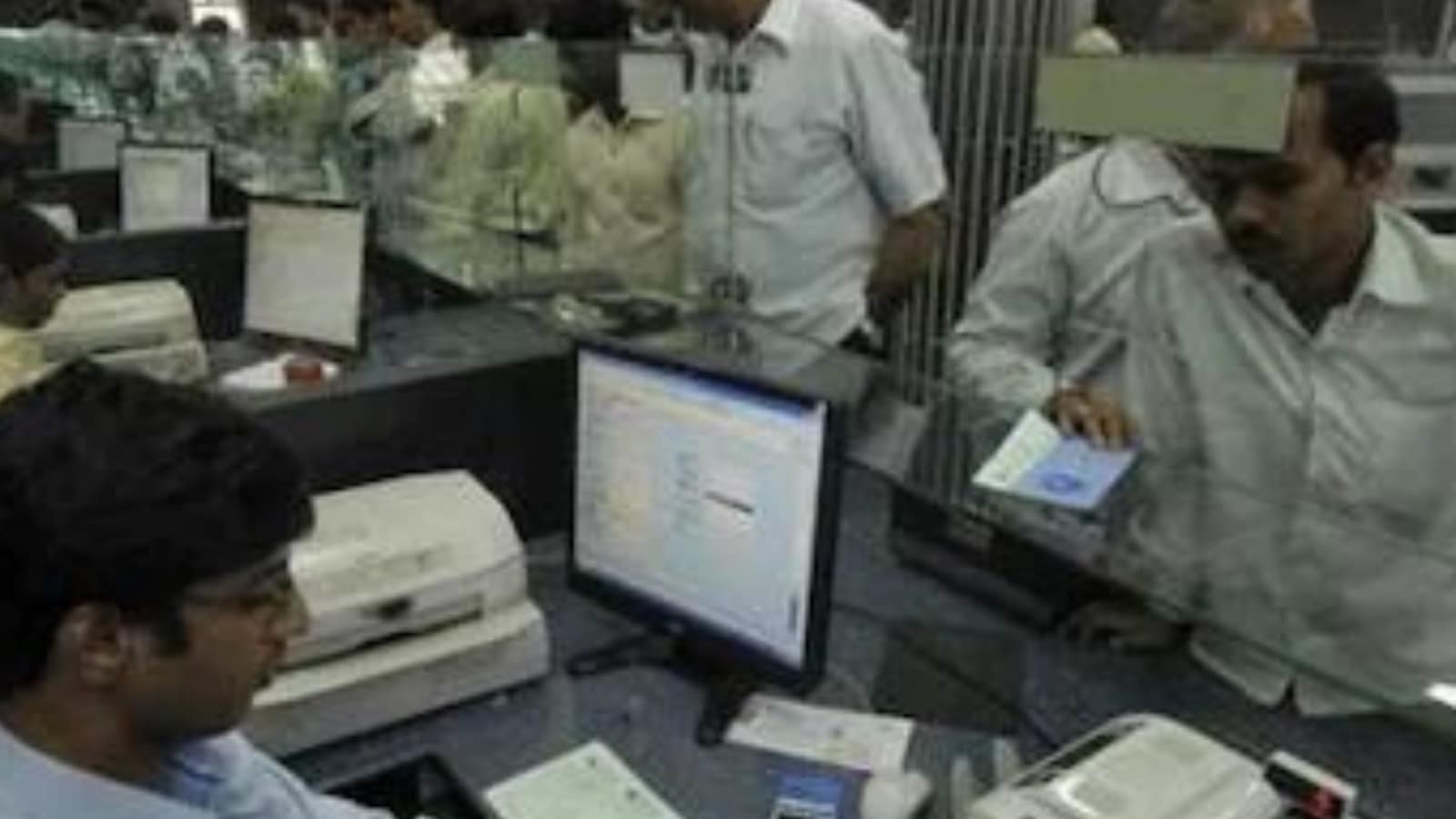Bank Privatisation: Govt Takes First Step to Introduce New Bill to Amend Banking Law
As the winter session of the Parliament nears, more and more speculations are coming on to the surface regarding the decisions of the Centre. One of these is the government’s plan to privatise two centralised banks. According to reports, the central government is set to table a Bill in this regard during the winter session of the Parliament, scheduled to begin next week. The Centre has already proposed to privatise the Indian Overseas Bank (IOB) and the Central Bank of India, according to reports.. This is part of the Rs 1.75 lakh crore disinvestment scheme of the government that was announced earlier by the authorities for the current fiscal year.
The first significant leg as far as banking amendments are concerned is expected to go in the winter session of the Parliament, “at least the proposal to bring the bill in the Parliament”, CNBC TV18 said in a report.
The legislation is one of the 26 Bills that the government has planned to bring in during the winter session of the Parliament. According to a report by India Today, the Bill seeks to “to effect amendments in Banking Companies (Acquisition and Transfer of Undertakings) Acts, 1970 and 1980 and incidental amendments to Banking Regulation Act, 1949 in the context of the Union Budget announcement 2021 regarding privatisation of two Public Sector Banks.”
Union finance minister Nirmala Sitharaman, during the Union Budget 2021-22, had announced that two public sector banks would be privatised as part of the Centre’s disinvestment plan.
“We need banks which are going to be able to scale up… We want banks that are going to be able to meet the aspirational needs of this country,” Sitharaman had said. A lot of thought had gone behind the intention to privatise some public sector banks, she further added.
The privatisation of the Central Bank of India and the Indian Overseas Bank will depend upon a few factors. It still remains to be seen if the proposal is referred to a Standing Committee or if it passes through without anything like that. Only after that, the government will move forward with the merging.
The privatisation exercise of banks will move forward depending on how fast the banking amendments move. It will also be decided depending upon the time when the government is ready to do the transaction. According to the report by CNBC TV18, “This privatisation is unlikely to happen in the current financial year at least.”
According to the India Today report quoting sources, the Bill is not likely to mention the names of the banks that the government intends to privatise. The Centre would instead move a enabling legislation during the winter session to privatise the public sector banks.
According to the Public Sector Enterprise policy for ‘Aatmanirbhar Bharat’, NITI Aayog had been entrusted with the task to suggest names of PSUs in strategic sectors to be merged, privatised, or made subsidiaries of other PSUs.
The share prices of the Indian Overseas Bank and the Central Bank of India rose by as much as 15 to 20 per cent on Wednesday, following the reports of their privatisation.
At 09:30 hours IST in the morning, Central Bank of India was quoting at Rs 22.75, up Rs 2.20, or 10.71 per cent on the Bombay Stock Exchange or BSE. During the same time, Indian Overseas Bank was quoting at Rs 22.15, up Rs 2.30, or 11.59 per cent at the BSE.
Read all the Latest News, Breaking News and Coronavirus News here. Follow us on Facebook, Twitter and Telegram.
For all the latest business News Click Here

